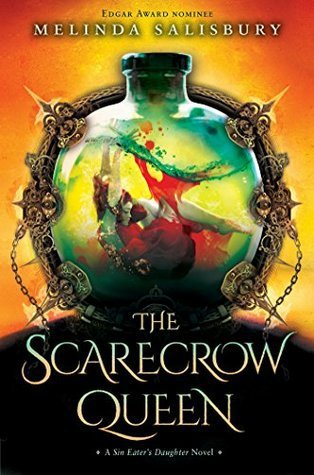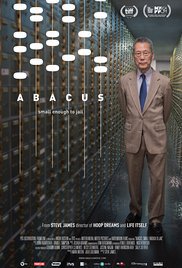“Behind your computer screen, you’re completely safe. Now, here’s something I’d like you to think about. You don’t actually know a thing about this fellow, do you? It’s possible he doesn’t even exist.”
“Excuse me?”
“This person you’ve been telling me about. It’s possible he doesn’t exist at all.”
Crushes fucking suck. Crushes get you to an insurmountable level of frustration so quickly that you end up wishing you were better at this whole feline misanthropy thing. Instead, you find yourself fuming in front of a computer screen because, at one point or another, you have read way too much fiction and have made the mistake of thinking you (yes, you) could be just like the people you have read about. After all, reading is quite similar to falling in love, expect it is for people who haven’t figured out how to feel that for reality yet. So you read — and is that really senseless? Part of you wants to stop and reconsider; part of you keeps on reading.
Elif Batuman’s The Idiot captures the process and aftermath of an exhausting crush perfectly. The protagonist, Selin, falls for an older mathematics student named Ivan. They meet in a Russian class and start sending each other nonsensical emails that show only a glimpse of what they actually mean (these emails were some of the best parts of the novel). Selin thinks that their communication made up of miscommunication is a sign of something deeper, some inimitable connection that might slip away if she does not reach for it. One thing leads to another and she ends up teaching English in a Hungarian village to become closer to Ivan. Easy enough, right?
Well, except it is not. You watch Selin “fall out of time” as you read along, how her days start to blend together and become distinct only through the emails she receives from Ivan. Unreal conversations propel the novel forward — the rest of her college experience washes over Selin as if it is just a stream of disconnected events. Characters (often likable if a little caricature-like) pop up and disappear, and ridiculous classes fade into the background as Selin obsesses over Ivan. There is, of course, a lovely amount of wit which keeps the narrative afloat. Some of Selin’s observations are downright hilarious and the dialogue is just the right amount of absurd. Some, on the other hand, are in touch with something deeper:
“I kept thinking about the uneven quality of time–the way it was almost always so empty, and then with no warning came a few days that felt so dense and alive and real that it seemed indisputable that that was what life was, that its real nature had finally been revealed. But then time passed and unthinkably grew dead again, and it turned out that that fullness had been an aberration and might never come back.”

A lot of reviews I’ve read have focused on the witty and meandering qualities of the book — which are wholly there and deserve praise. But there is also somewhat of an incendiary quality to The Idiot, especially if you are also going through a weird crush phase. Most readers and critics see how Selin was an “idiot” throughout the book — it’s less (or perhaps even more?) funny when you realize you’re staring at your own completely idiotic self through the guise of Selin.
Perhaps, I have been unfair to the book — perhaps it isn’t as deserving of praise as I make it seem. See, the thing is, Selin and I are similar. We both read a lot and have a weirdly cerebral relationship to language. We both hope that one day we will be as complete as the characters we read about without becoming mere caricatures. We both want to have enough life in us one day to be able to write something. Yes, The Idiot did make me feel as if I was reading my own thoughts at certain points, but this novel is also 420 pages long. And at the end of the day, I am too much of a pain to listen to for 420 pages.
– Cheshire
Advertisements Share this:




